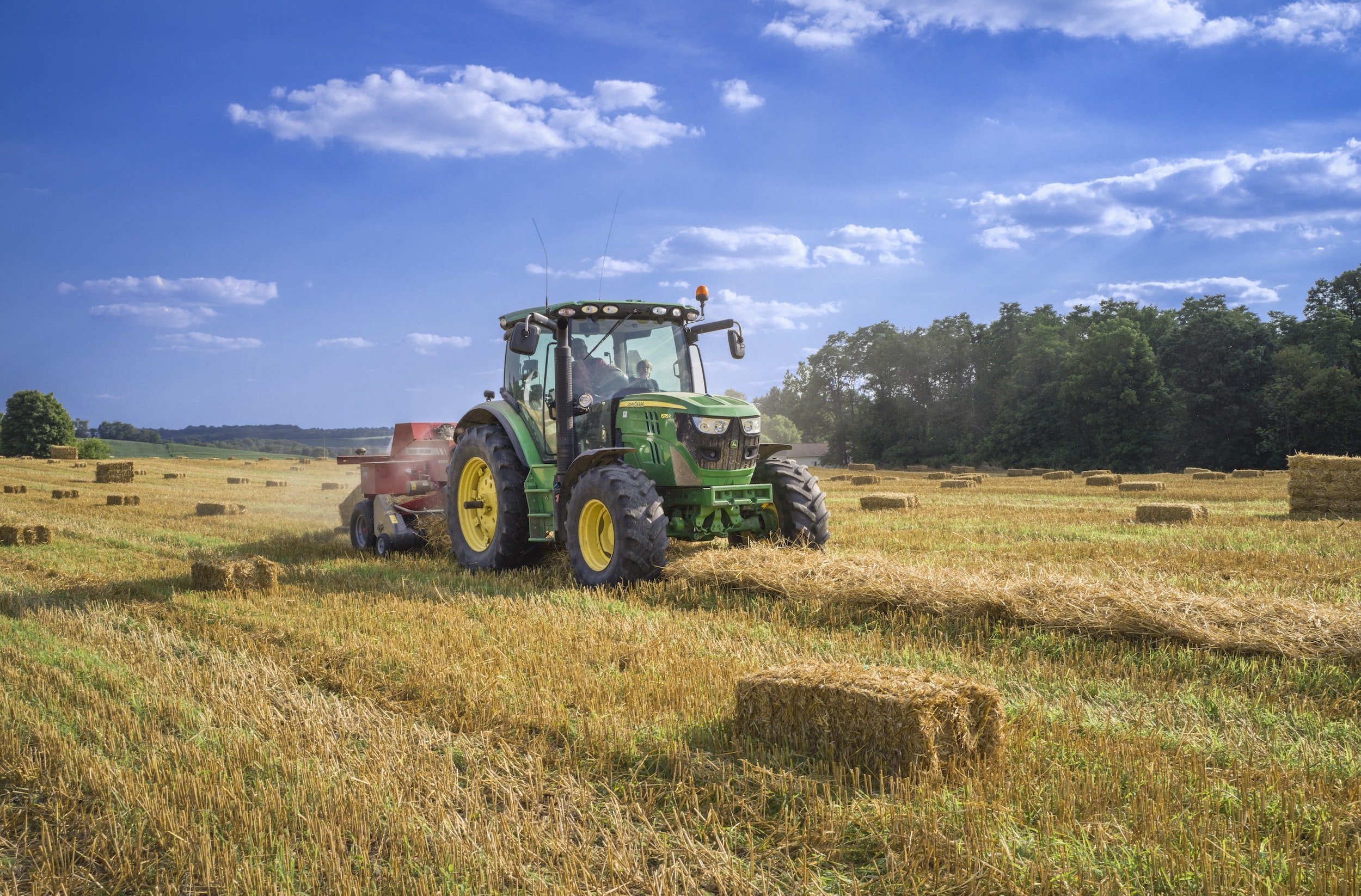
Climate-Smart Agriculture
Our Vision
Climate-smart agriculture can help mitigate and reverse compounding climate threats such as extended drought, extreme heat, and flood. Through collaborations on small- and large-scale carbon farming projects, we are demonstrating that practices such as prescribed grazing, compost application, and cover-cropping can increase carbon sequestration, water infiltration, and biodiversity. CEC is working to accelerate and bring these climate-smart agriculture practices to scale so we can reduce the impacts of climate change, increase the resiliency of our natural and working lands, and create stronger, more resilient food systems in the Central Coast region.CEC collaborates on small- and large-scale carbon farming projects that seek to increase the resiliency of our natural and working lands. These projects incorporate the on-the-ground implementation of soil-building practices (including mulch and compost application), along with research, education, and demonstration of the climate resilience benefits of investing in soil health.
In 2022, CEC:
In partnership with White Buffalo Land Trust, was awarded a climate-smart commodities grant to launch a pilot project that will measure the climate impacts and market viability of the native Western Blue Elderberry.
Collaborated with the California Climate & Agriculture Network, local fire professionals, prescribed grazing practitioners, and rangeland ecologists across California to create a statewide prescribed grazing policy platform that laid the groundwork for California State Senator Monique Limón to introduce SB 675, ensuring prescribed grazing is better integrated into existing wildfire resilience programs
and strategies.
WHAT’S AHEAD
Continue to work across our region’s agricultural communities to accelerate the adoption and scaling up of nature-based strategies aimed at drawing down legacy greenhouse gasses.
Establish pollinator habitat across Santa Barbara and Ventura Counties to increase beneficial insect populations and decrease pesticide use.
Scale up compost application on agricultural lands to boost carbon capture and soil health by increasing access to affordable compost and spreading options.
Develop innovative financing models that strengthen collaborations and provide technical assistance and other critical resources to those who are implementing nature-based climate solutions.
HOW YOU CAN TAKE ACTION
Compost at home
Even applying compost to your garden plot helps pull carbon out of the air on a small scale and diverts your food waste from the landfill, keeping methane (one of the most potent greenhouse gases) out of the atmosphere. See these resources for regional composting programs and subsidized worm bins for your home:
Practice carbon farming in your garden
Mow or trim weeds instead of pulling them out, and compost instead of landfilling yard waste and food waste.
Eat Climate-Smart
Explore climate-friendly food options whenever feasible to advocate for regenerative agricultural practices, environmental sustainability, and food justice. Read our Food and Climate Position Statement.
Vote
Support policies and political leaders that advocate for sustainable agriculture, land conservation, and composting of organic waste.
Get Educated
Learn more about carbon farming and how it can reverse climate change by reading our informational brochure here and watching this video from Kiss the Ground.
Visit the Climate-Smart Agriculture Resources page to learn more and subscribe to our email list to stay updated on the latest news, events, and opportunities to engage.

